Table of Contents
Stress Test
This at-home saliva Stress Test by Thorne provides insights about your stress response and adrenal health by measuring hormone fluctuations. The adrenal glands help us handle stress. Results include a personalized health plan.
You should take this Stress Test if you
- Feel tired but wired
- Can’t wake up without strong coffee
- Crave sugar, especially late in the day
- Get sick when you are under stress
- Feel irritable, anxious, or depressed
- Experience stress often
Collection Method
What we measure
What you’ll discover
Measures
Your personal biomarker values are displayed on an easy-to-read dashboard with descriptions of what each biomarker value means for you.
Analysis
Using your biomarkers, we provide detailed insights to help identify potential health risks or specific areas of improvement. Insights are generated using Thorne’s Health Intelligence platform.
Improvement Plan
Based on your unique Stress Test results, a comprehensive improvement plan with diet, activity, and supplement recommendations is generated.
What we measure
How it works

1 • Order and activate
After your purchase is complete, everything you need for your at-home Stress Test is delivered to your door. Use the activation code located on the back of the test kit to activate your test on thorne.com and complete your health profile.

2 • Collect samples and send
Referencing the directions booklet included in your Stress Test kit, complete your sample collection from the comfort of your home. Use the prepaid shipper to mail your samples directly to the laboratory.

3 • Receive results and recommendations
Your Stress Test results will be reviewed by an independent, board-certified physician. Once you’ve sent your samples to the lab, after 8-10 business days you will receive your results with meaningful insights and personalized recommendations by one of our health coaches to promote your health and wellness.
Potential Indicators
Your 24-hour cortisol pattern and your DHEA level determine whether your stress response is healthy. Depending on your results, you could be experiencing some of these symptoms:
Effects of stress on your body include:
- Headache
- Muscle tension or pain
- Chest pain
- Fatigue
- Change in sex drive
- Upset stomach
- Sleep problems
Effects of stress on your mood include:
- Anxiety
- Restlessness
- Lack of motivation or focus
- Feeling overwhelmed
- Irritability or anger
- Sadness or depression
Effects of stress on your behavior include:
- Overeating or undereating
- Angry outbursts
- Drug or alcohol abuse
- Tobacco use
- Social withdrawal
- Exercising less often
Stress Test 101
Aspects of Stress
When our adrenal glands function optimally, they produce adequate amounts of cortisol and DHEA to help us cope with stress and power us through the day.
Whether stress comes from our outside environment, like traffic and crowds, or from within, like the anxiety we experience from family or job issues, healthy secretion of cortisol and DHEA from the adrenal glands help us adapt to these situations.
The human stress response is based on two factors ‐ one, the actual stressors (the events and circumstances that impact our life), and two, how we cope with these stressors (how we interpret and respond to them).
Hopefully, we can exert:
- Control over the stressors by identifying what circumstances can be changed for the better, although these are often the stressors over which we often have the least control.
- Control over the coping response, including behavioral responses and biological responses (interpretation, language, empathy, understanding, medical treatment, diet, nutrition, movement/physical activity, sleep habits). These are the stressors over which we often have the most control.
How the biomarkers we measure impact your health
Testing for the levels of cortisol and DHEA in your body reveals the pattern of these two key measures of our stress response ‐ stressors and coping. The degree to which your cortisol and DHEA levels fall outside the normal range can be used to guide dietary, exercise, lifestyle, and supplement recommendations.
Cortisol and DHEA
Cortisol has wide-ranging effects in the body: it interacts with the reproductive, immune, and endocrine systems. Cortisol, as part of the stress response, prepares the body for a “fight-or-flight” response by suppressing the production and release of other hormones, such as DHEA and thyroid hormones.
Normally, cortisol levels have a rhythm of ebbing and flowing during the day, and your cortisol level is highest in the morning and lowest at night. Thorne’s Stress Test takes four saliva samples at four time-points during the day to capture your true cortisol rhythm. Stressors, such as those present in your work or home life, often trigger a release of cortisol, either acutely or persistently, and can affect your health in a variety of negative ways.
DHEA, although produced in the adrenal glands, is also produced in smaller amounts in your brain and sex organs. DHEA is a precursor molecule for testosterone and estrogen synthesis, and, thus, it has many other effects in the body. A person’s DHEA production generally declines with age.
Metabolically in the body, cortisol and DHEA are antagonistic to each other. The hormones exist in an ever-changing “tug-of-war” with each other, and when one is elevated, the other is usually lower.
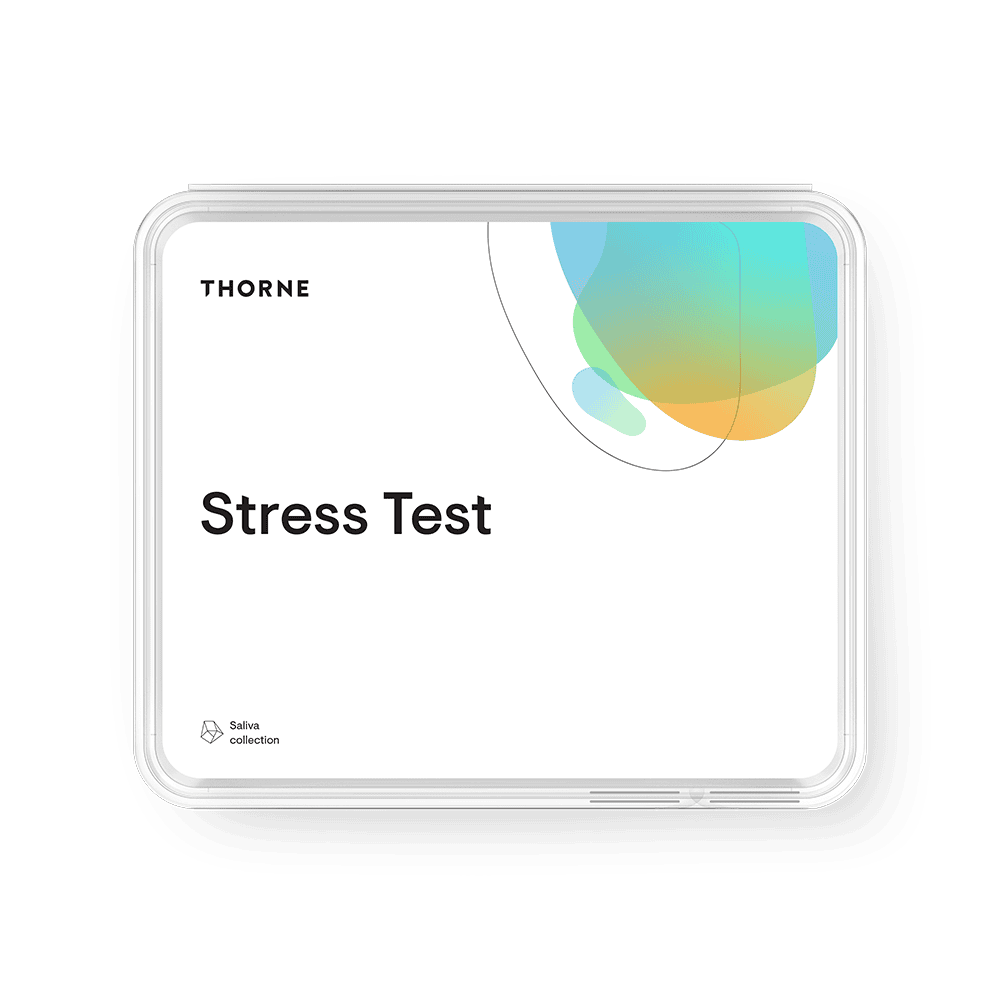
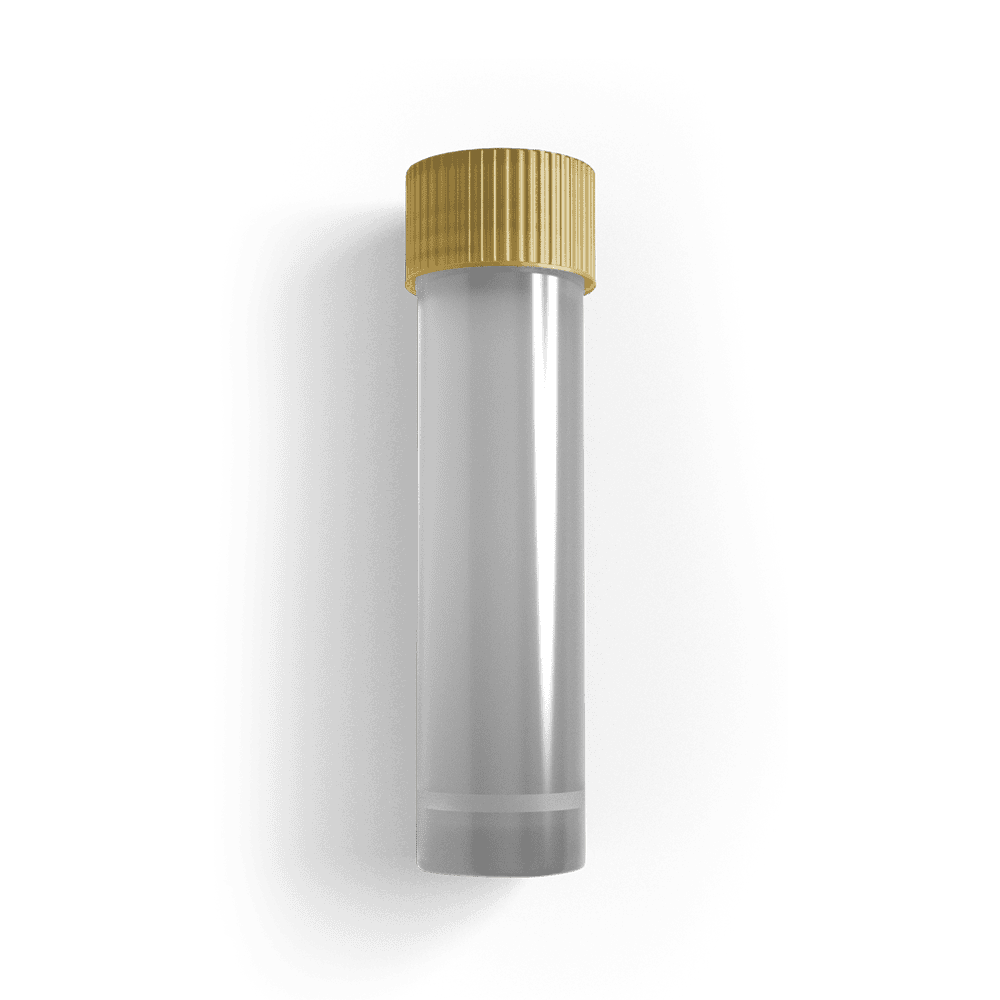
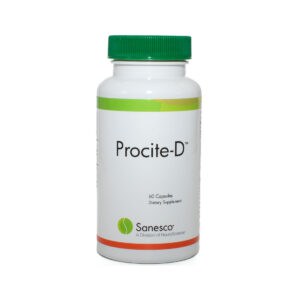
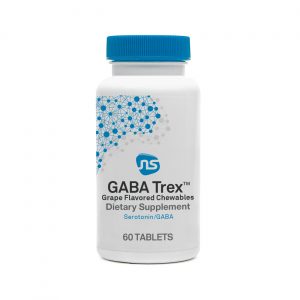
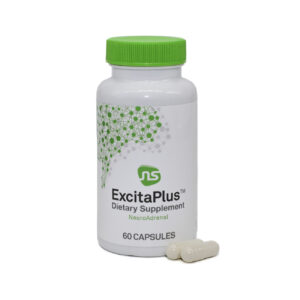
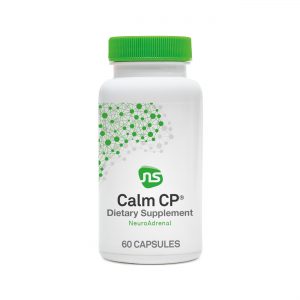
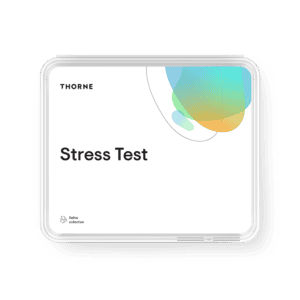
Reviews
There are no reviews yet.